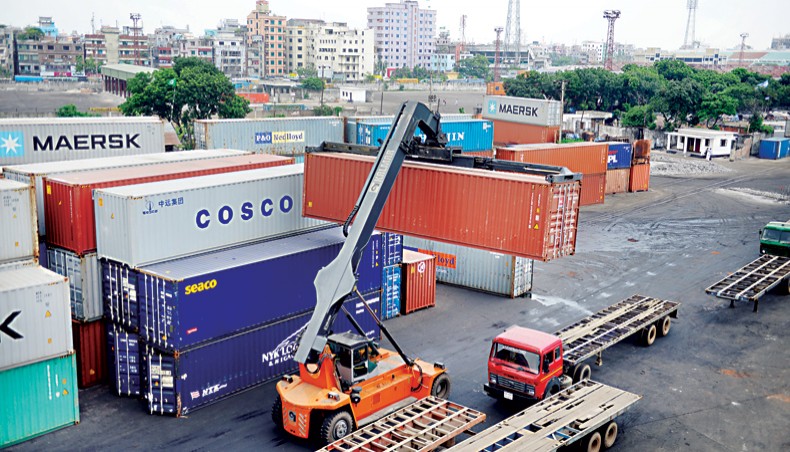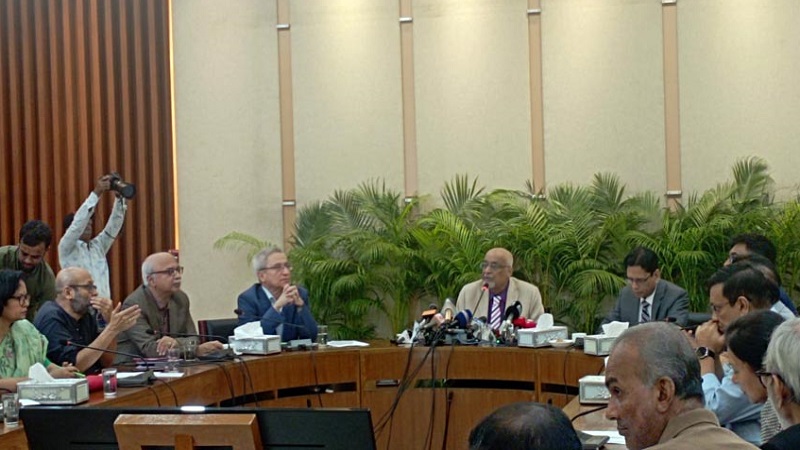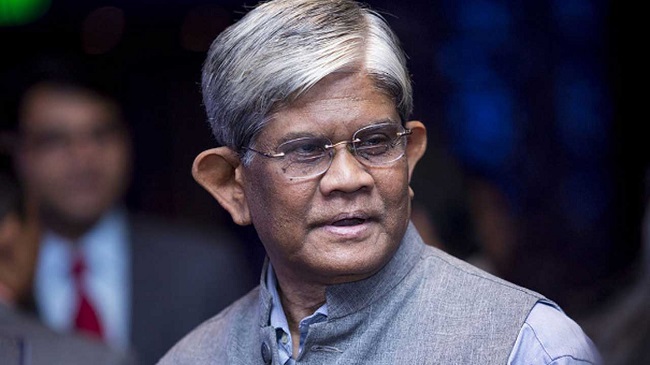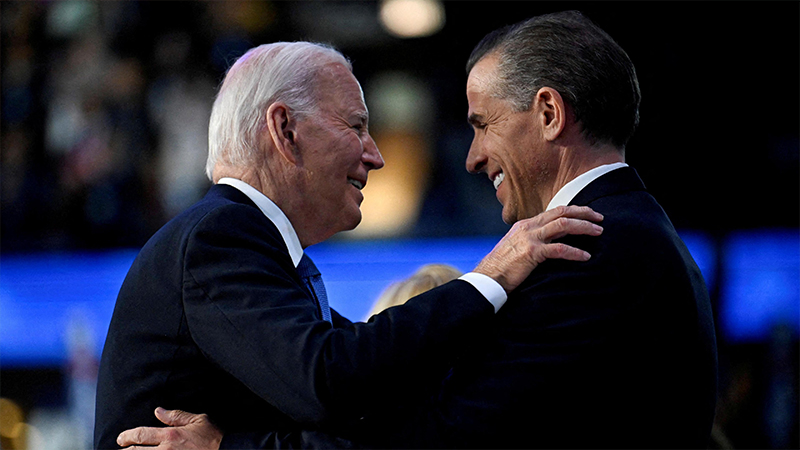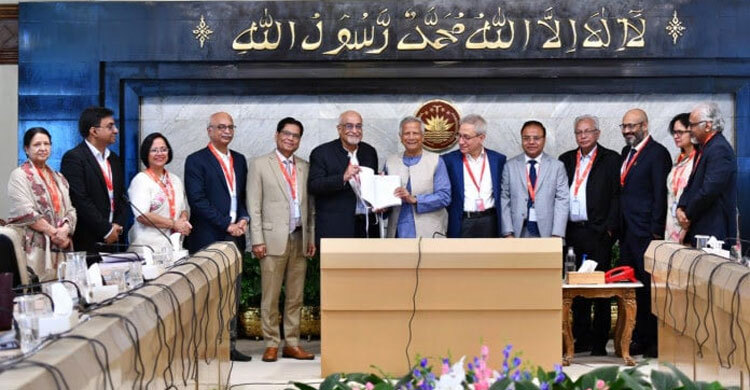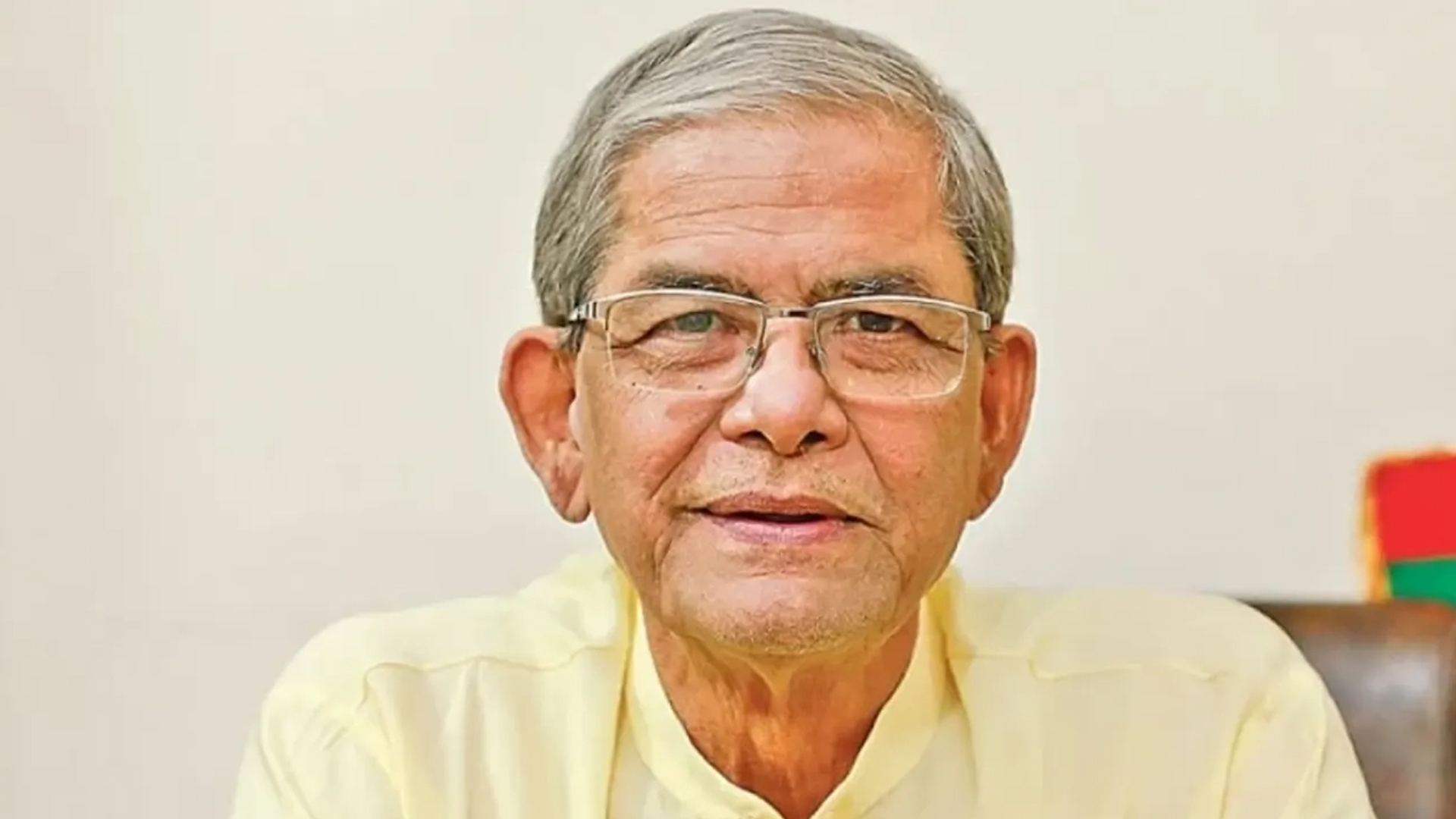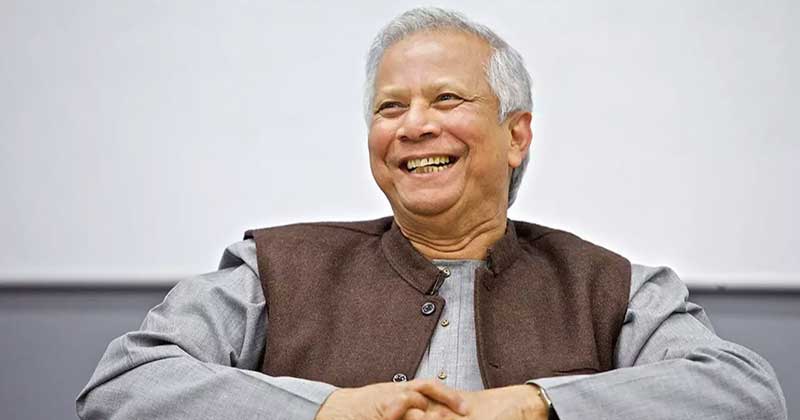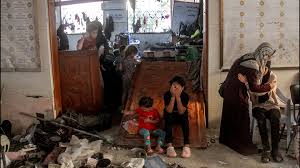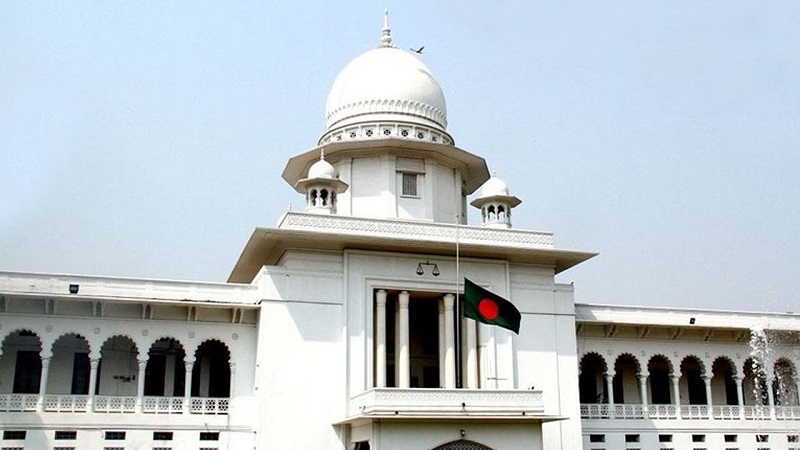Maintaining trade benefits would be one of the major challenges for Bangladesh after completing graduation from the least developed country in 2027, according to foreign secretary Masud Bin Momen.
The UN Committee for Development Policy would hold a meeting of experts with Bangladesh tomorrow for reviewing Bangladesh’s progress on its graduation process.
LDC graduation would have the greatest impact on the country’s exports, estimated at a 14-per cent decline, according to a World Trade Organisation document for 2020.
Around 70 per cent of Bangladesh’s export is conducted under preferences given by some developed and developing nations under the LDC criteria.
‘We expect that Bangladesh would meet all three criteria for graduation in the second triennial review this year for graduating from the status of LDC,’ the foreign secretary told New Age on Sunday, adding that, this graduation may bring new challenges for the country in getting trade benefits in major export destinations.
Bangladesh met all three graduation criteria – per capita income, economic vulnerability index and human development index – in the last triennial review in 2018.
There is a three-year transition period before the actual graduation.
The UN is expected to make an announcement on February 24, 2021 declaring Bangladesh eligible for graduation from the LDC.
Bangladesh maintains progress in attaining the thresholds in all three graduation criteria set by the UN with current per capita income $1,827 while the threshold is $1272, 27 out of 32 or below in economic vulnerability index and 75.4 in the human development index while the threshold is 66, officials said.
European Union officials in Dhaka said that there is a three-year transition period from the graduation eligibility to the actual graduation.
In addition, special extensions are allowed depending on the individual circumstances of graduating LDCs, offering the respective countries to prepare strategies and engage with development partners to ensure smooth integration into the global economy following graduation.
Bangladesh enjoys preferential treatment including duty-free and quota-free access in the EU under the ‘everything but arms’ initiative, and, in Canada, Japan and the US, under their respective GSP schemes.
Bangladesh also enjoys preferential market access in such other industrialised countries as Australia and in some developing countries, including China, India and the Republic of Korea, under RTAs and bilateral initiatives.
All these schemes are non-reciprocal in the sense that Bangladesh is not expected to offer preferential access to products originating in the preference-giving countries in response to the offer made to it as an LDC.
Preferential market access in these countries is of special significance to Bangladesh as developed country markets account for about 90 per cent of Bangladesh’s total exports, government experts said with reference to the WTO.
Bangladesh is likely to seek an extension to the transition period from three years to five years as safeguards as the country is facing economic challenges, including a reduction in export globally amid the on-going COVID-19 outbreak, burden of hosting Rohingyas of Myanmar and adverse impacts of climate change, an official said.
On the external front, there are still woes, including adverse impacts of the pandemic on the world economy and trade, they said.
Zuena Aziz, chief coordinator on Sustainable Development Goals at the Prime Minister’s Office, would lead the Bangladesh side in tomorrow’s meeting with the UNCDP.


